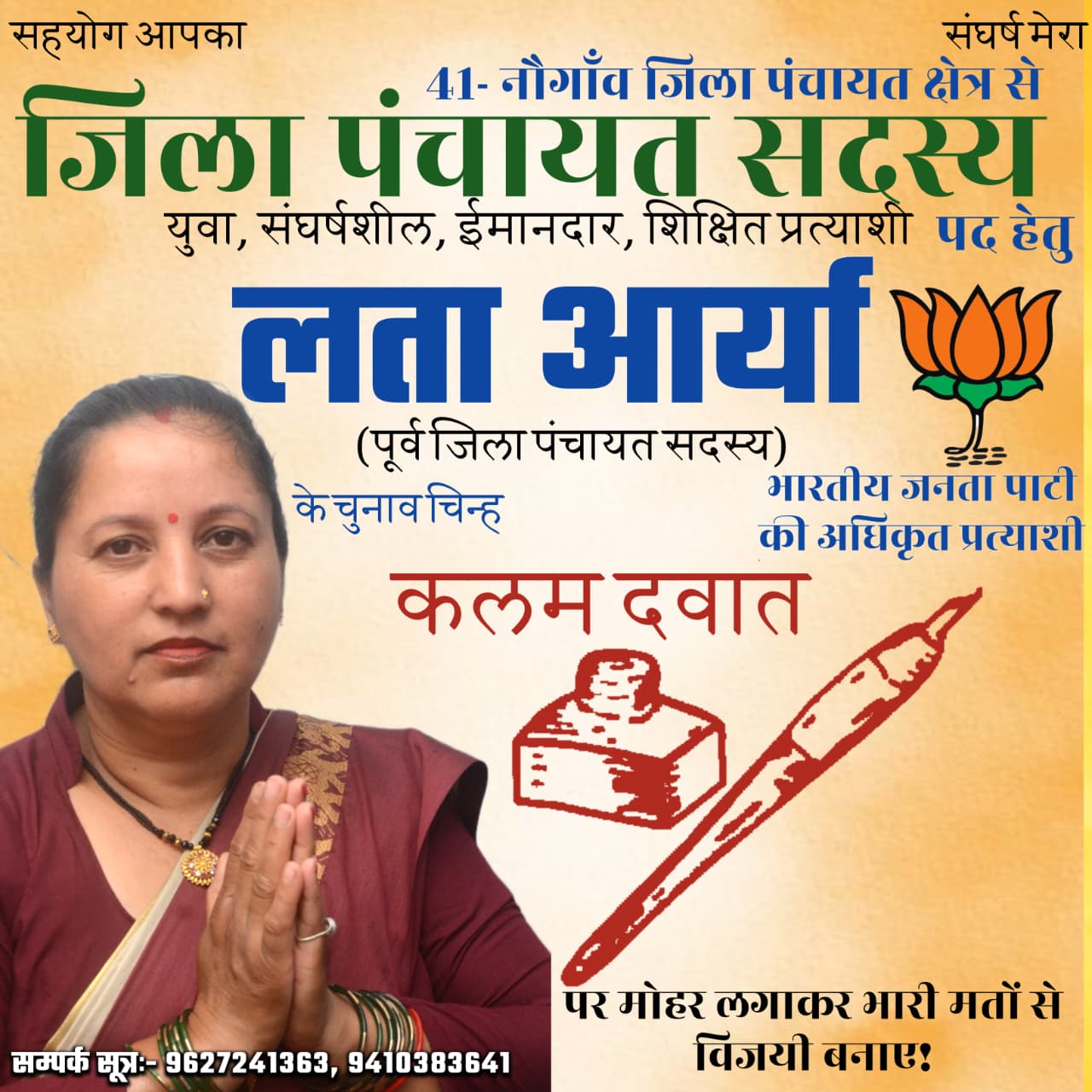JANTANAMANEWS BHUWAN JOSHI UTTRAKHAND
Instant messaging app WhatsApp has more than 40 crore users in India.

What is the whole matter of WhatsApp and IT rules?
A 2021 Information Technology (IT) rule asks social media platforms and messaging apps to trace users’ chats and make a provision to identify the first sender of a message.
Know the whole matter in simple language
According to the IT Rule 2021,
WhatsApp was asked to trace its users’
chats as well as identify the first user to send a message for the first time. Now WhatsApp is refusing to accept this. WhatsApp and its parent company, META, are challenging the Information Technology (Intermediary Guidelines and Digital Media Ethics Code) Rules 2021, which make it mandatory to trace chats and identify the original messenger.
WhatsApp, the company arguing against the IT Rules 2021, argues that these rules weaken encryption. In such a situation, the guarantee of privacy of users given by the Indian Constitution is violated.
In simple words, WhatsApp has been asked to trace the messages of users to find out who sent the message for the first time. If WhatsApp does this, then it will have to trace all the messages of all the users and keep a record of them for years.
This will break end-to-end encryption. The Central Government announced the 2021 Information Technology (IT) on 25 February 2021. Big platforms like Facebook, Instagram, WhatsApp, Twitter (now X) will have to follow the new rules.
It is difficult to imagine life without WhatsApp,
which has become a part of our lives at present, and it is threatening to leave us. It has said this in the court. The most popular messaging platform has warned that if any attempt is made to break its encryption, it will shut down its services in India and leave (WhatsApp IT Rules Breaking encryption). WhatsApp has said in the Delhi High Court that if it is forced to break its message encryption, it will shut down its services in India and leave.
Users’ privacy may be at risk, WhatsApp presented its side
WhatsApp has demanded in its petition that this rule be declared unconstitutional and no criminal liability comes on it if it is not followed. The petition states that the need for traceability will force the company to break end-to-end encryption and violate the fundamental rights of privacy and free speech of millions of users who use WhatsApp’s platform for communication.
Stressing this and saying that the rule was brought without any consultation, WhatsApp-based lawyer Tejas Kariya told the Delhi High Court that people use the messaging platform as it guarantees privacy with its end-to-end encryption. According to the Bar and Bench report, he told the bench of Acting Chief Justice Manmohan and Justice Manmeet Pritam Singh Arora, “As a platform, we are saying, if we are asked to break encryption, WhatsApp will move from India.”
Another major argument was that under the rule WhatsApp will have to store millions of messages for years. He said, “We have to keep a whole series and we don’t know which messages will be asked to decrypt. This means that millions of messages have to be stored for several years.”
Need balance both paksh
The bench said that privacy rights are not complete and will have to balance somewhere.” This happened when the central government lawyer said that in cases related to communal violence, the rule is required to ascertain the originator of messages on such platforms. The Centre also told the court that WhatsApp and Facebook earn from users’ information and are not legally entitled to claim that they protect privacy. It explained that efforts to make Facebook more accountable are underway in different countries. The government had earlier also said that if it is not possible to locate the originator without breaking the encryption, WhatsApp should bring any more mechanism. The bench will now hear cases on August 14.
